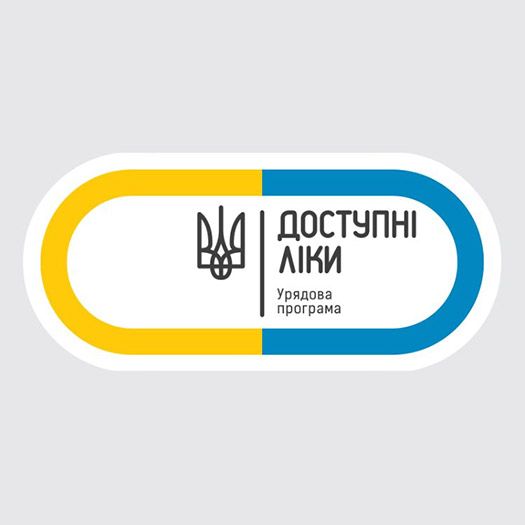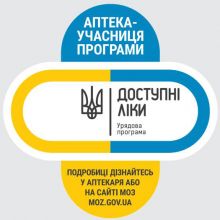Ukraine’s Affordable Medicines Programme shown to have significantly improved access to medicines
18.04.2019

A new WHO report finds that the Affordable Medicines Programme, an outpatient reimbursement scheme introduced in Ukraine in April 2017, has contributed to a significant increase in access to medicines thereby improving the health of patients. Until the implementation of the Programme no system was in place for public reimbursement of prescription medicines in the outpatient sector and spending on medicines was reported as being the main driver of financial hardship for Ukrainian households.
Countries in the WHO European Region and globally have committed to ensuring access to safe, effective, quality and affordable essential medicines, as outlined in Sustainable Development Goal target 3.8. Ukraine’s Affordable Medicines Programme is an excellent example of how countries can make real progress towards achieving this target.
The report is the result of a request from the Ukrainian authorities for WHO to assess the Affordable Medicines Programme. The evaluation combines both quantitative and qualitative analysis. The findings not only confirm that the Programme has contributed to improved access, but also the following:
- For many patients the Programme is the only chance to get treatment.
- Prescribers can see an increase in access to medicines and the positive impact on the health of their patients.
- General consumption of the medicines included in the Programme has increased compared to medicines in the same class but not part of the Programme.
- Physicians have tended to prescribe more frequently medicines that are part of the Programme.
- The Programme has led to an overall price decrease of the medicines covered.
The report concludes by listing a number of policy options to support the sustainability and expansion of the Affordable Medicines Programme. The short-term actions that have been proposed for consideration by the authorities to ensure further access to treatment include the following:
- Mechanisms for prioritization of diseases and listing/delisting decisions need to be formalized.
- Several therapeutic areas could be considered priorities for scaling up the Programme:
- chronic obstructive pulmonary disease
- primary care gastrointestinal medicines
- analgesics, including controlled medicines for palliative care
- steroidal and non-steroidal anti-inflammatory medicines
- neuro-psychiatric medicines.
- Mechanisms should be put in place to prevent shortages, especially of medicines dispensed at no cost.
- The role of prescribers should be strengthened.
- Health status indicators should be collected and monitored.
Source: http://www.euro.who.int
Other news
31.10.2019

